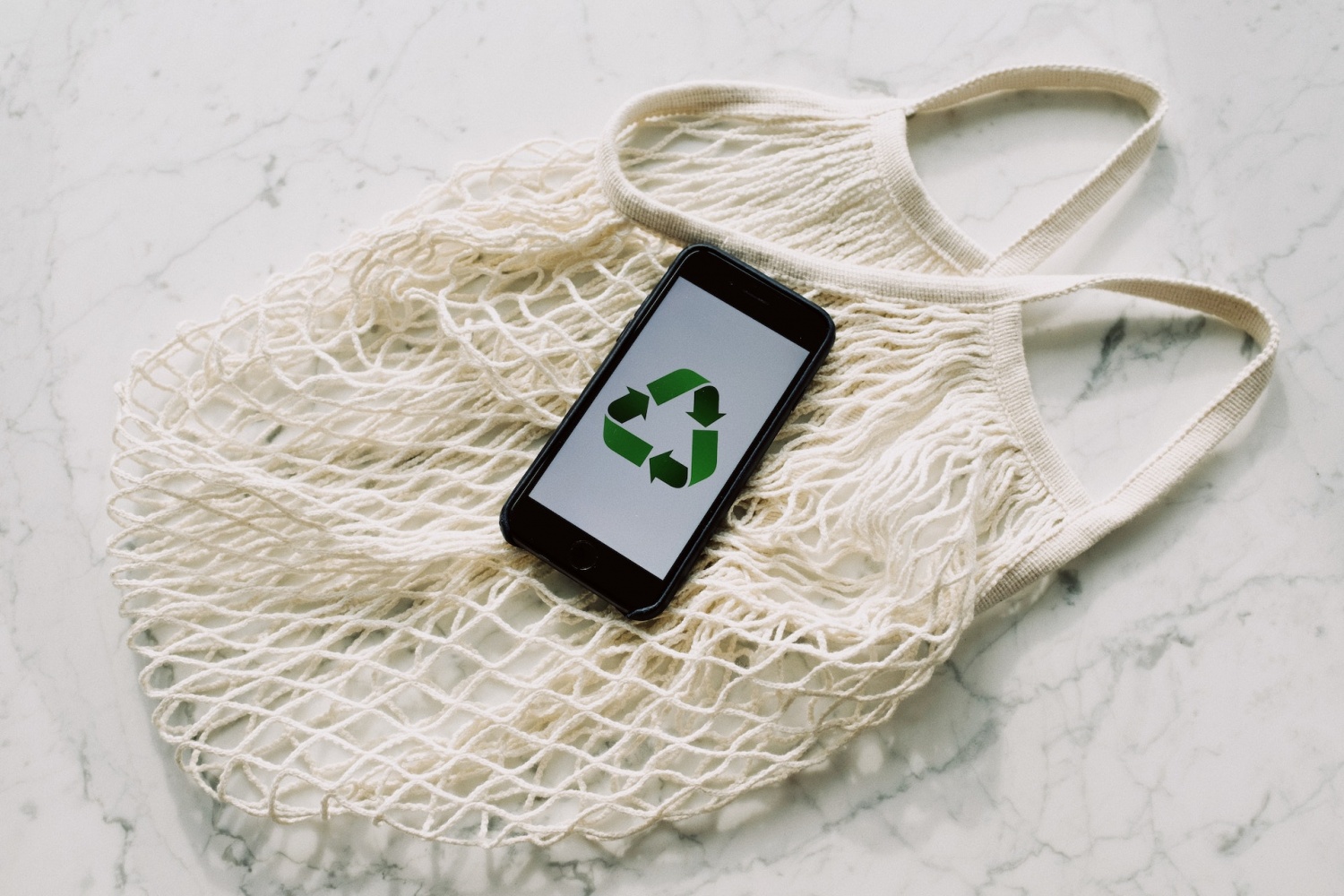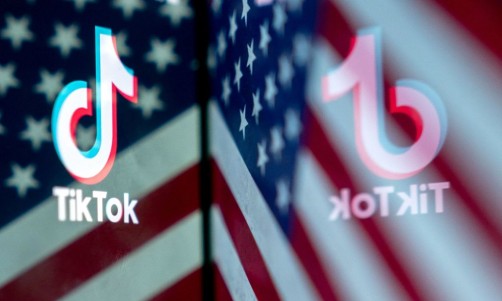In the present day and age, customers have become more aware and invested in social responsibility than ever. Revenue and sales continue to be critical components of a business's overall growth. However, marketing has been criticized for deceptive practices, misleading consumers, and high-pressure sales. This unsustainable marketing has typically targeted and promoted materialism rather than quality of life. Today, consumers are more focused on improving their standard of life while at the same time making the world a better place to live in. They do this by supporting companies with strong stewardship and ethics towards the planet and the human race. The vision to make a positive impact births the concept of sustainability, which has become an important business strategy.
What is Sustainability Marketing?
Sustainability marketing is the promotion of socially- responsible practices, services, and products. Companies are often criticized for dumping waste in water bodies, producing a large carbon footprint, high price mark-ups, and false advertising. To counteract bad publicity, companies have been rapidly adopting sustainability marketing strategies.
Sustainability marketing allows corporations to build strong customer relations while making them feel valued and heard. There are different types of sustainability marketing; the main ones include:
-
Customer-oriented marketing - This type of marketing refers to when companies view and draft their marketing strategy from customers' viewpoint.
-
Consumer-value Marketing - This form of marketing emphasizes continually improving the value a company provides through its products or services. As the business continues to offer value to the customer, the customer, in turn, creates value for the company.
-
Creative Marketing - This marketing adds an aspect of innovation and creativity to the marketing mix, ensuring that the company never stops finding more creative ways for product development. Ignoring innovation and failing to keep up with the current trends can lead to companies losing out on many potential customers.
-
Sense-of-mission marketing - This branch of sustainability marketing revolves around the principle that companies should lay out their broad mission. When practicing this marketing technique, companies don't solely focus on their product but also on a broad mission with which their audience can resonate. Incorporating a well-rounded mission gives the organization a clear and long-term vision that provides the ideal results.
-
Societal Marketing - With societal marketing, the organization makes decisions based on what the customers want and expect, the company's requirements and society's long-term betterment. Finding a balance between three aspects is important to ensure economic stability, good publicity, and long-term success.
In short, sustainability marketing aims to not only focus on society's wants and needs but also pay attention to the well-being of all the parties involved.
How to Leverage Sustainability Marketing?
Adopting sustainability marketing has well-known benefits, some of which include increased brand recognition, better effectiveness, reduced costs, easier regulation compliance, enhanced partner and customer acquisition, lesser waste, and a higher return on investment. But how can you effectively leverage sustainability marketing to maximize the benefits mentioned above?
Have a Bigger Purpose
Instead of judging your success by numbers, start focusing on a bigger cause than your products and services. Before starting anything, ensure you have a clear social mission that will resonate with your audience and will not appear unauthentic. Customers today are educated, aware, and on top of their research. They can dig out companies that do not care for the environment or society but pretend to and hold them accountable. Once you have established a crystal-clear social mission, you should spend time figuring out how your company can contribute further to the mission.
For instance, if you are a company that is passionate about women's rights, then perhaps having an all-female staff from unprivileged backgrounds can help make a statement about your mission.
Think Long-term
Sustainability marketing requires thinking long-term, as its key goal is to build value over time. Don't make the mistake of focusing only on short-term financial gains. Attracting customers through ads and blog posts is not difficult, but retaining them and their loyalty is. Sustainability marketing targets this aspect and looks for ways to nurture the customer throughout their journey with the company.
A good way to maintain audience loyalty is by educating them from the first time they discover you. For example, a clothing company can educate its customers about the significance of ethical sourcing of its raw materials. This will make you come off as sincere, and you will be more likely to grab their attention from the start.
Make All Business Aspects Sustainable
Remember that your efforts for sustainability marketing will quickly fail if they do not seem authentic to your audience. For this reason, it is important to make all your business aspects sustainable, not just the ones that help you profit. For instance, if you are promoting your company's practice of ethical raw material sourcing, then make sure you are also following ethical manufacturing, distribution, and marketing. Any inconsistencies in your practices will be noticed, and this can quickly backlash, rendering all your efforts useless.
Focusing only on your business practices isn't enough. You will need to make sure that your corporate culture and all the stakeholders involved in it are also good representatives of sustainability. This will include your employees, shareholders, and producers. Ensuring that your brand properly reflects its mission will be a long and tricky process, but it is a must. Look for areas that require additional work and then work out which strategies fit best with your sustainability mission.
Conclusion
Sustainability marketing is slowly replacing traditional marketing as customers become more aware of their choices and personal social responsibility. However, being a sustainable business requires it to make many changes and implement a mix of the right strategies to achieve the desired results. With the right mission and long-term goals, your company, too, can successfully leverage sustainability marketing and get ahead of the competition.











